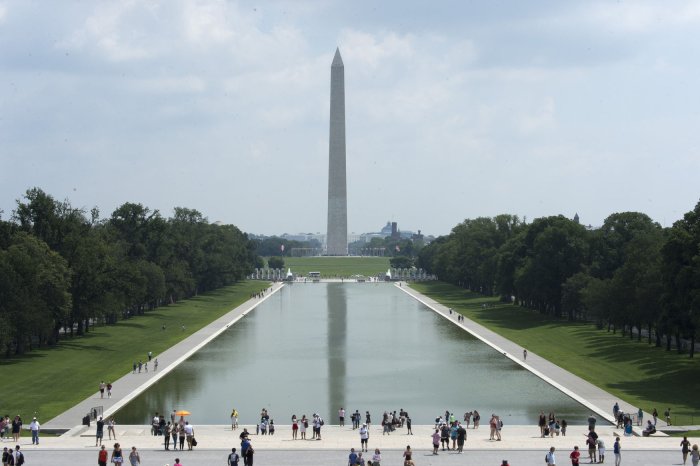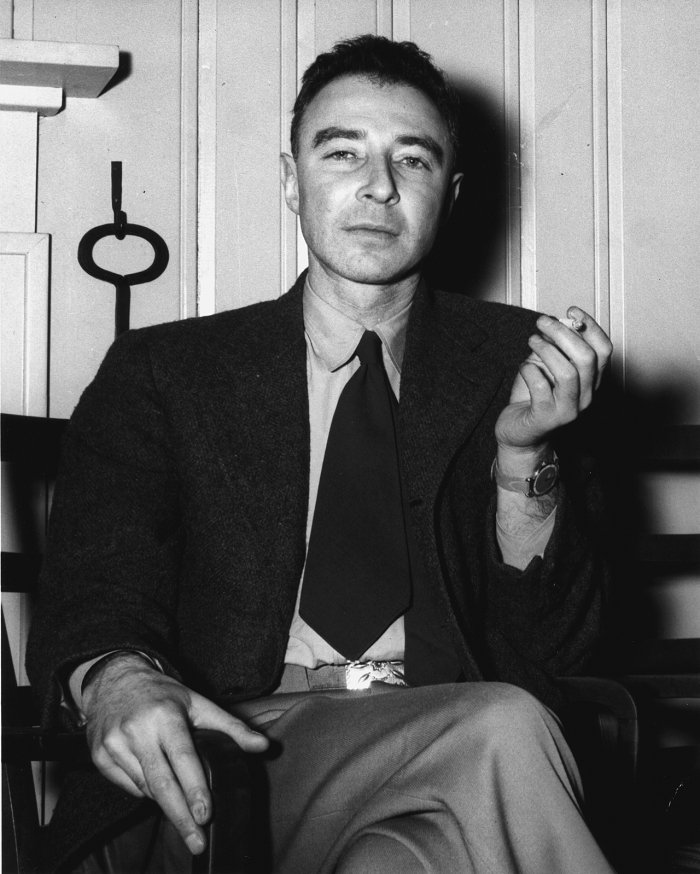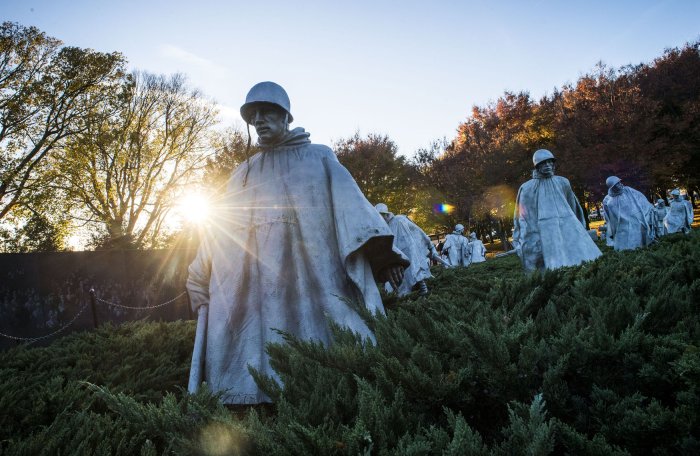On This Day, Feb. 21: New Yorker magazine published for 1st time
Feb. 21 (UPI) — On this date in history:
In 1848, The Communist Manifesto was published by Karl Marx and Friedrich Engels. A rare copy of the publication sold at auction for $39,600 in 1986.
In 1878, the New Haven, Conn., Telephone Co. published the first phone directory. It listed 50 subscribers.
In 1885, the Washington Monument, a 555-foot-high marble obelisk built in honor of America’s revolutionary hero and first president, was dedicated in Washington.

File Photo by Pat Benic/UPI
In 1916, Germans launched the Battle of Verdun. More than 1 million soldiers in the German and French armies were killed in nearly 10 months of fighting. It was the longest battle of World War I.
In 1925, the first issue of The New Yorker was published.
In 1934, Nicaraguan guerrilla leader Cesar Augusto Sandino was killed by members of the country’s national guard.
In 1953, Francis Crick and James D. Watson discovered the double helix structure of the DNA molecule. It took another three decades for scientists to produce a clear, direct picture of the DNA molecule.

The Francis Crick Letter titled “Secret of Life” is on display at Christie’s in New York City on April 5, 2013. The letter from Francis Crick to his son dated March 19, 1953, outlines the revolutionary discovery of the structure and function of DNA. File Photo by John Angelillo/UPI
In 1965, Black Muslim leader Malcolm X was assassinated at a rally in New York.
In 1972, Richard Nixon became the first U.S. president to visit the People’s Republic of China.
In 1994, longtime CIA counterintelligence officer Aldrich Ames and his wife, Maria, were arrested and charged with selling information to the Soviet Union and Russia. Ames was sentenced to life in prison; his wife got a five-year term.
In 1995, a Russian commission estimated up to 24,400 civilians died in a two-month uprising in the separatist republic of Chechnya.
In 2007, nuclear neighbors India and Pakistan signed a treaty in New Delhi aimed at preventing the accidental use of atomic weapons.
In 2014, U.S. President Barack Obama met the Dalai Lama, Tibet’s exiled spiritual leader, at the White House after the Chinese government warned the meeting would damage U.S.-China relations. A White House statement said Obama “reiterated the U.S. position that Tibet is part of the People’s Republic of China and that the United States does not support Tibet independence.”
In 2019, the Japanese Space Agency’s Hayabusa-2 probe touched down on asteroid Ryugu. It was the first probe to deploy working rovers onto an asteroid.
In 2022, Russian President Vladimir Putin ordered “peacekeeping” troops into two separatist regions of eastern Ukraine under new decrees recognizing them as independent republics. Three days later, Russia invaded Ukraine.

File Photo courtesy of Kremlin Pool







